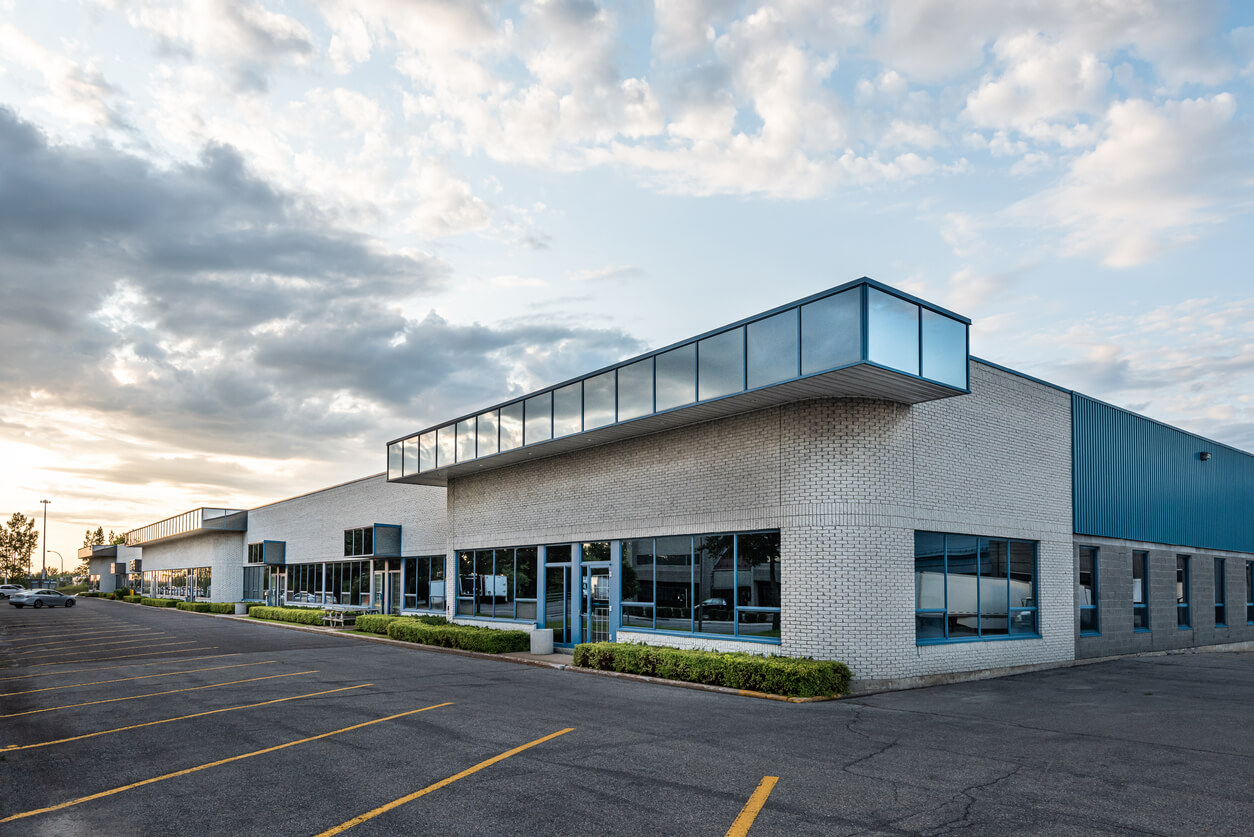A landowner could face liability under the legal theory of premises liability or general negligence. You have to prove different things to hold the property owner accountable for your losses, depending on which legal theory you select for your injury claim. A New Jersey premises liability attorney can answer your questions, like “What is the difference between premises liability and general liability?”
Premises Liability
The owner of residential or commercial property has a duty to take reasonable measures to keep the premises safe. The landowner has a higher duty toward certain groups of people who enter the property, depending on the individual’s reason for being there.
For example, a property owner has very little legal duty to a trespasser. The owner cannot intentionally cause harm, for example, by “booby-trapping” the location, but the landowner does not have to exert much effort to correct hazards to protect trespassers.
An owner does need to take reasonable steps to protect business invitees (like shoppers at a store) or social guests (like people you invite to your house for dinner) from getting hurt on the premises. A successful premises liability plaintiff will have to prove all of these elements:
- There was a dangerous condition on the property.
- It was reasonably foreseeable that the hazard created a risk of injury.
- The owner either created the condition or knew of its existence.
- The owner unreasonably failed to address the dangerous condition.
- The plaintiff suffered physical harm as a result of the owner’s failure to correct the hazard or take other measures to protect people from harm.
After establishing these factors, you could then go after the landowner for money damages for your injuries. On the other hand, if you get hurt on publicly-owned property, your injury claim will fall under the New Jersey Tort Claims Act.
The Elements of General Liability
General liability, also called negligence, has different requirements than premises liability. You will need to show all of these elements to have successful negligence or general liability injury claim:
- Duty of care. The defendant (the person you sue for compensation for your losses) must have owed you a legal duty. Let’s use the example of a car accident. Everyone who operates a motor vehicle on public streets has a responsibility to drive carefully and obey the traffic laws.
- Breach of legal duty. When someone’s conduct fails to measure up to the legal standard of care, it is negligence. In our scenario, the defendant drove while impaired by alcohol. That behavior violates the duty to drive carefully and obey the traffic laws.
- Causation. The negligence must be the thing that caused the accident that harmed you. If the defendant crashed into your car because he was intoxicated, the careless conduct led to the collision.
- Quantifiable harm. In most personal injury negligence cases, you must have measurable losses to hold the defendant financially liable. Physical injury satisfies this requirement.
When you can prove all of these factors of general liability, you can pursue monetary damages from the defendant.
We understand that these legal concepts can be challenging, but you do not have to sort out these issues on your own. A New Jersey premises liability attorney can evaluate your situation and determine your legal rights. Contact us today.

